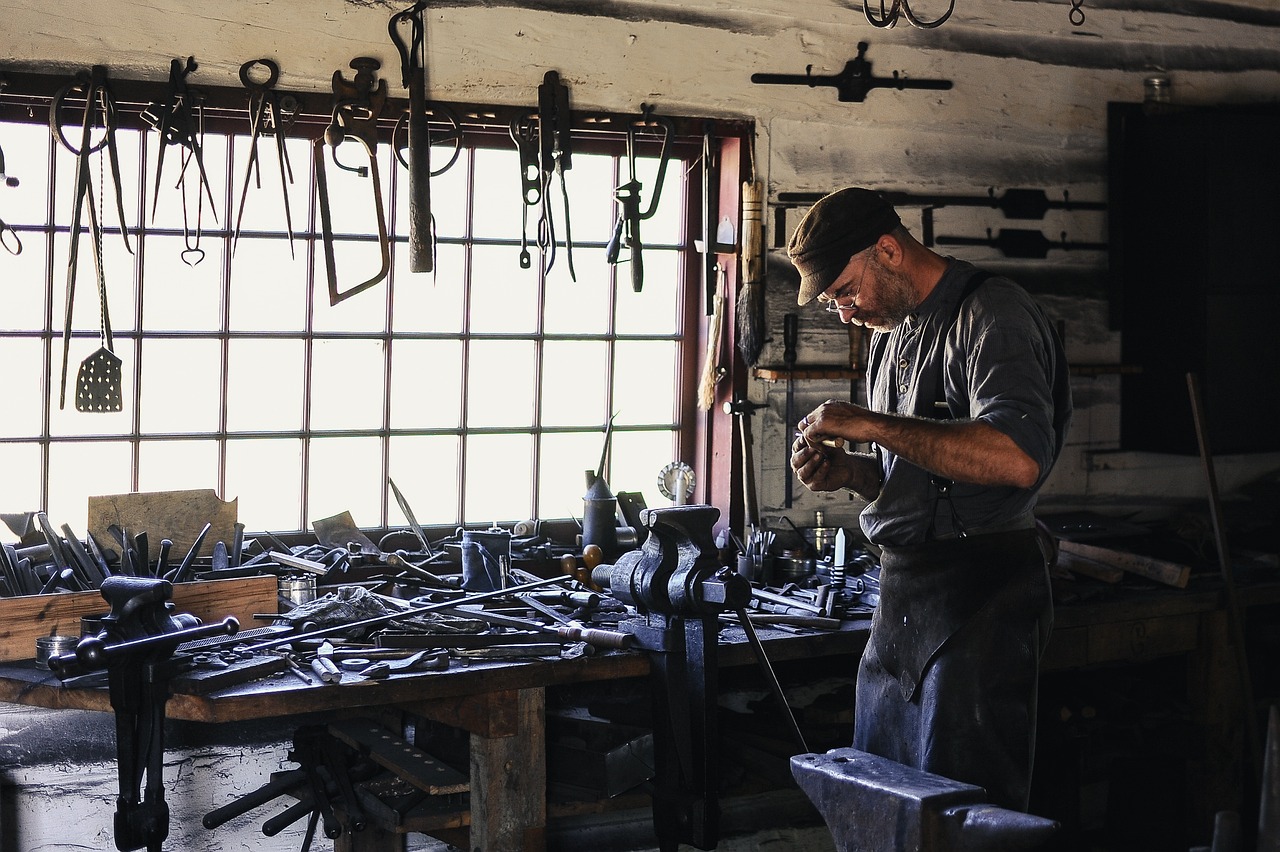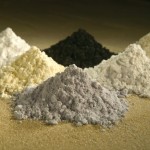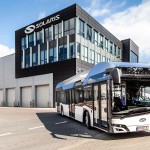Extreme heat can have a severe impact on the productivity and profit of SMEs (small and medium-sized enterprises). Here's how:
Table of contents [Show]
Impact on Work Environment
High temperatures can make it difficult for workers to concentrate and perform tasks efficiently. It can result in fatigue, decreased motivation, and increased health risks, impacting overall productivity.
Health and Safety Concerns
Extreme heat poses health and safety risks for employees. Heat stroke or heat exhaustion, can occur when working in hot environments for extended periods. This can result in increased sick leave, reduced workforce availability, and potential costs for healthcare and employee welfare.
Increased Operational Costs
SMEs may need to invest in cooling systems or provide additional measures to reduce the effect of extreme heat on their premises. This can lead to increased operational costs, including electricity bills, maintenance expenses, and equipment upgrades.
Supply Chain Disruptions
Extreme heat can disrupt supply chains, affecting the timely delivery of raw materials and components to SMEs. Transportation networks may be impacted, leading to delays and increased costs for sourcing materials. This can disrupt production schedules and impact customer satisfaction.
Decreased Customer Demand
During heat waves, consumer preferences may shift, leading to reduced demand for certain products or services. For example, there may be decreased demand for warm clothing or hot beverages. This can impact sales and revenue for SMEs.
Market Competition
SMEs often face intense competition in the market. When extreme heat affects productivity and profitability, SMEs may struggle to keep up with competitors who are better equipped to handle such challenges. It can create a disadvantage for SMEs, affecting their market position and long-term sustainability.
Adaptation and Resilience
To mitigate the impact of extreme heat, SMEs can adopt measures to adapt and build resilience. This includes implementing workplace safety guidelines, providing adequate ventilation and cooling systems, offering flexible work schedules during extreme heat, and diversifying product offerings to cater to changing consumer demands.
By being proactive and implementing appropriate measures, SMEs can minimize the negative effects of extreme heat and ensure the success of their businesses.








